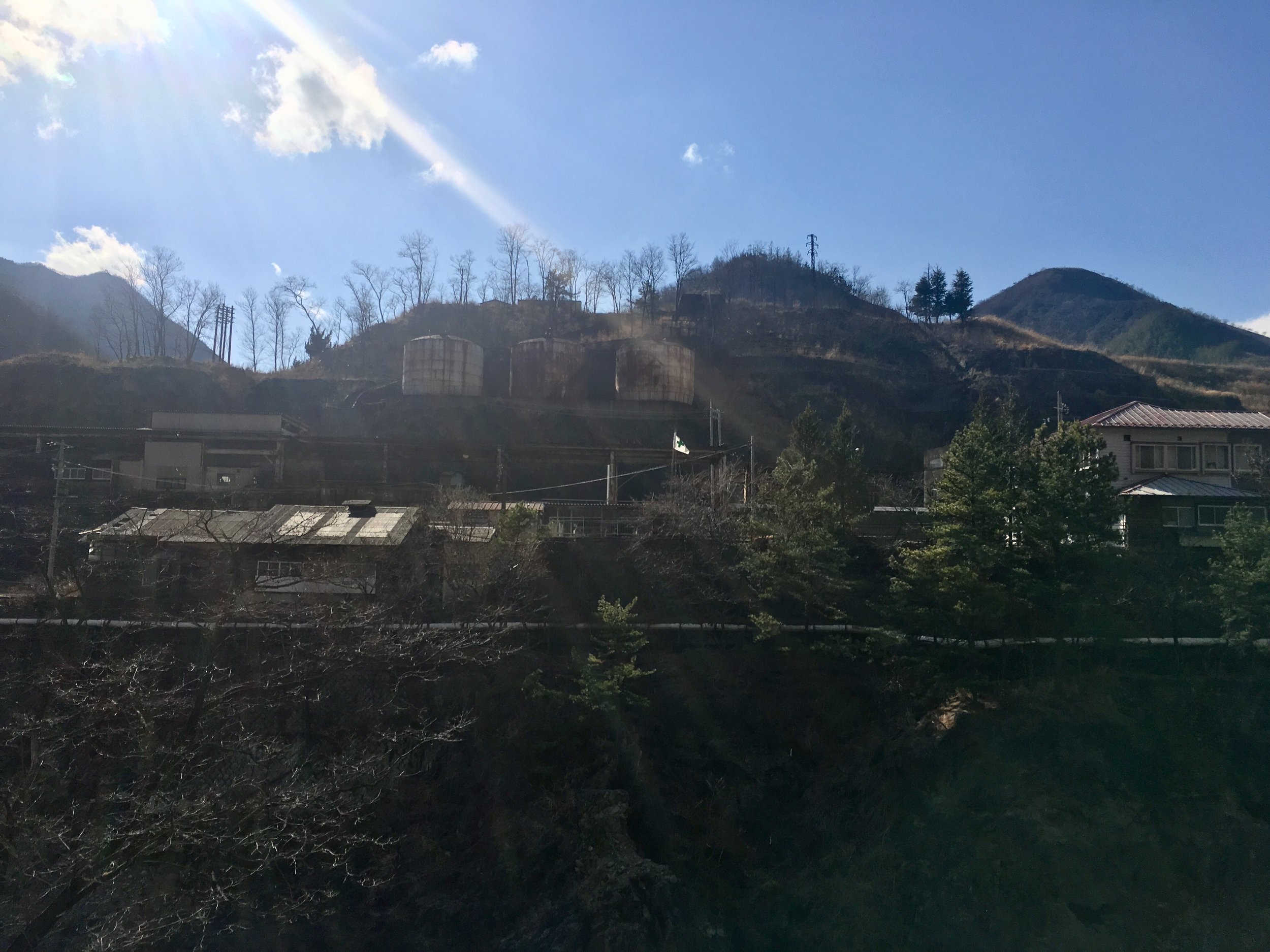We focus on Thailand and Japan - two geographically distant places - where industrialization and its legacies, trade, investment, aid, and the region’s geopolitics connect and have profoundly reorganized ecologies and societies in both places.
Publications
Journal Article: Carl Middleton, Takeshi Ito (2020) “How transboundary processes connect commons in Japan and Thailand: A relational analysis of global commodity chains and East Asian economic integration” Asia Pacific Viewpoint 2020 doi:10.1111/apv.12264
Contact
Contact Dr. Carl Middleton for further details.
Project Status: Ongoing
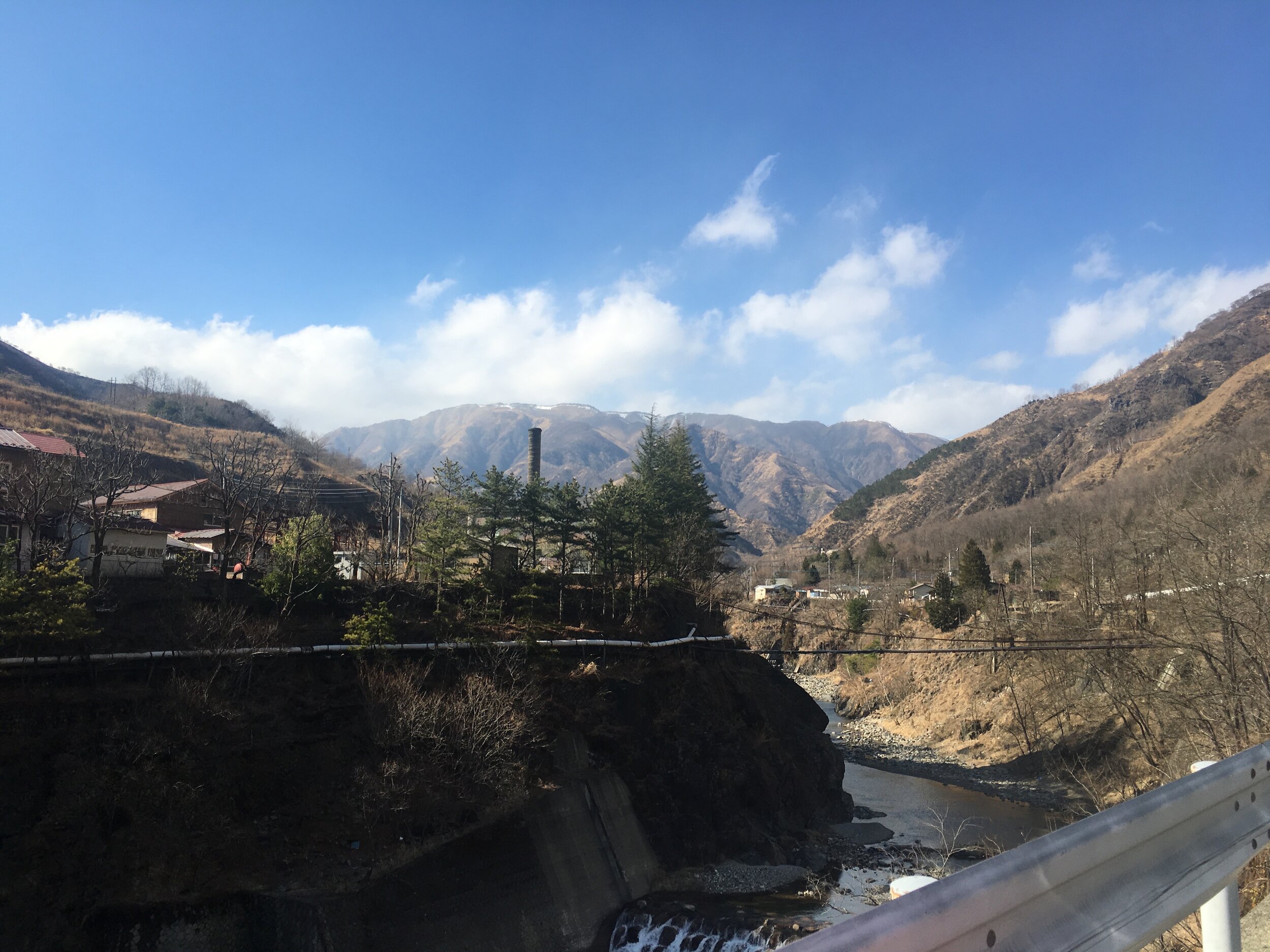
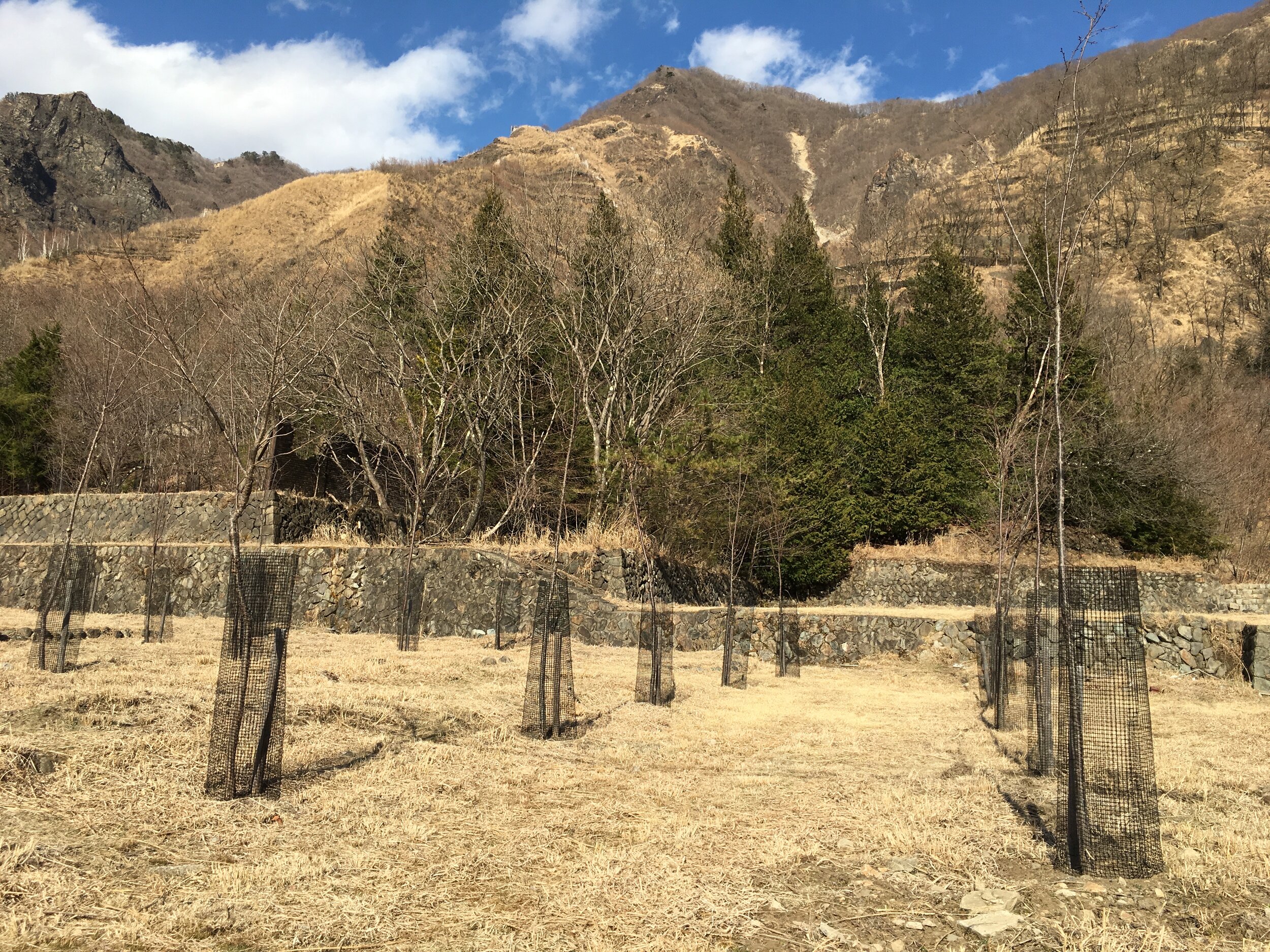
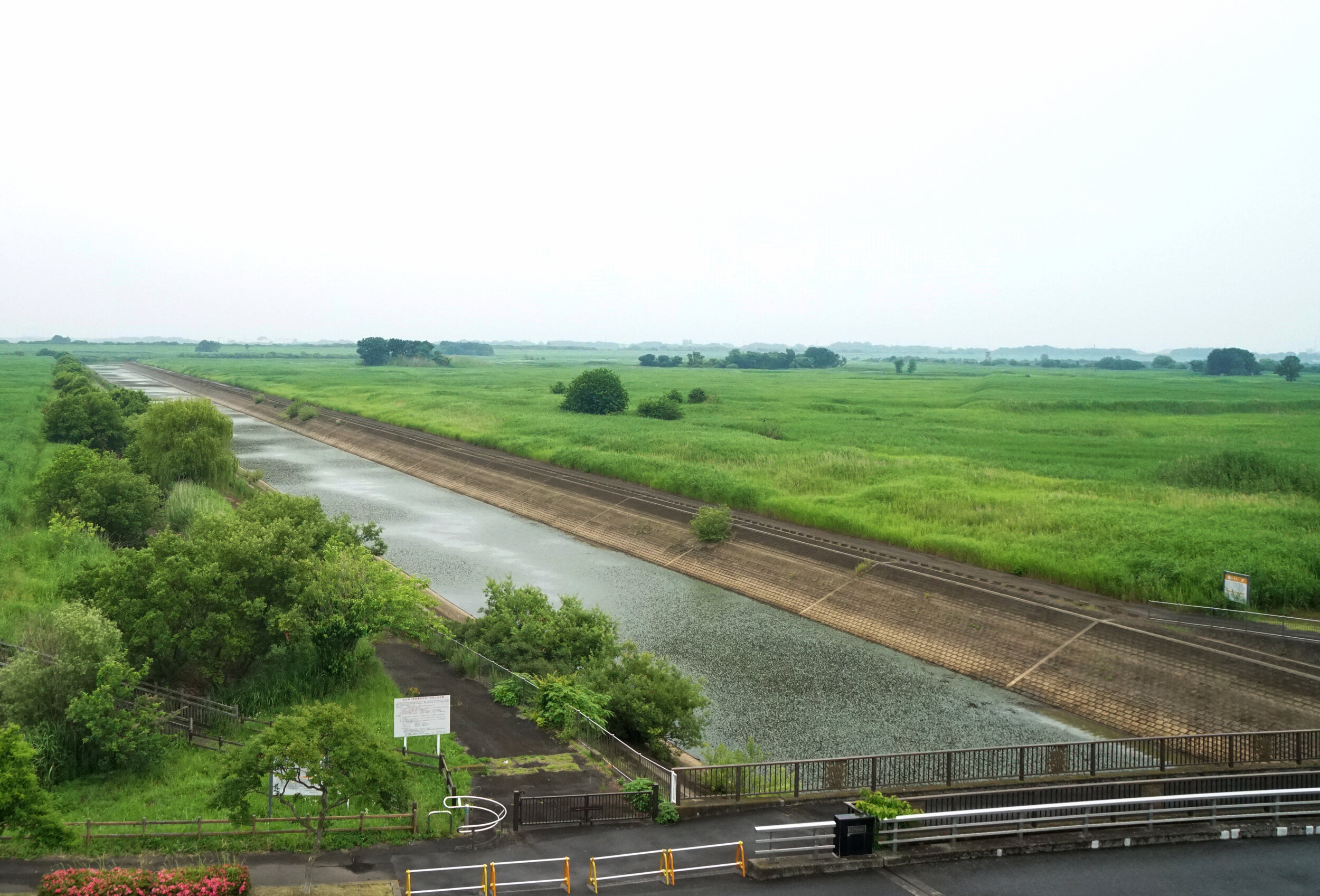

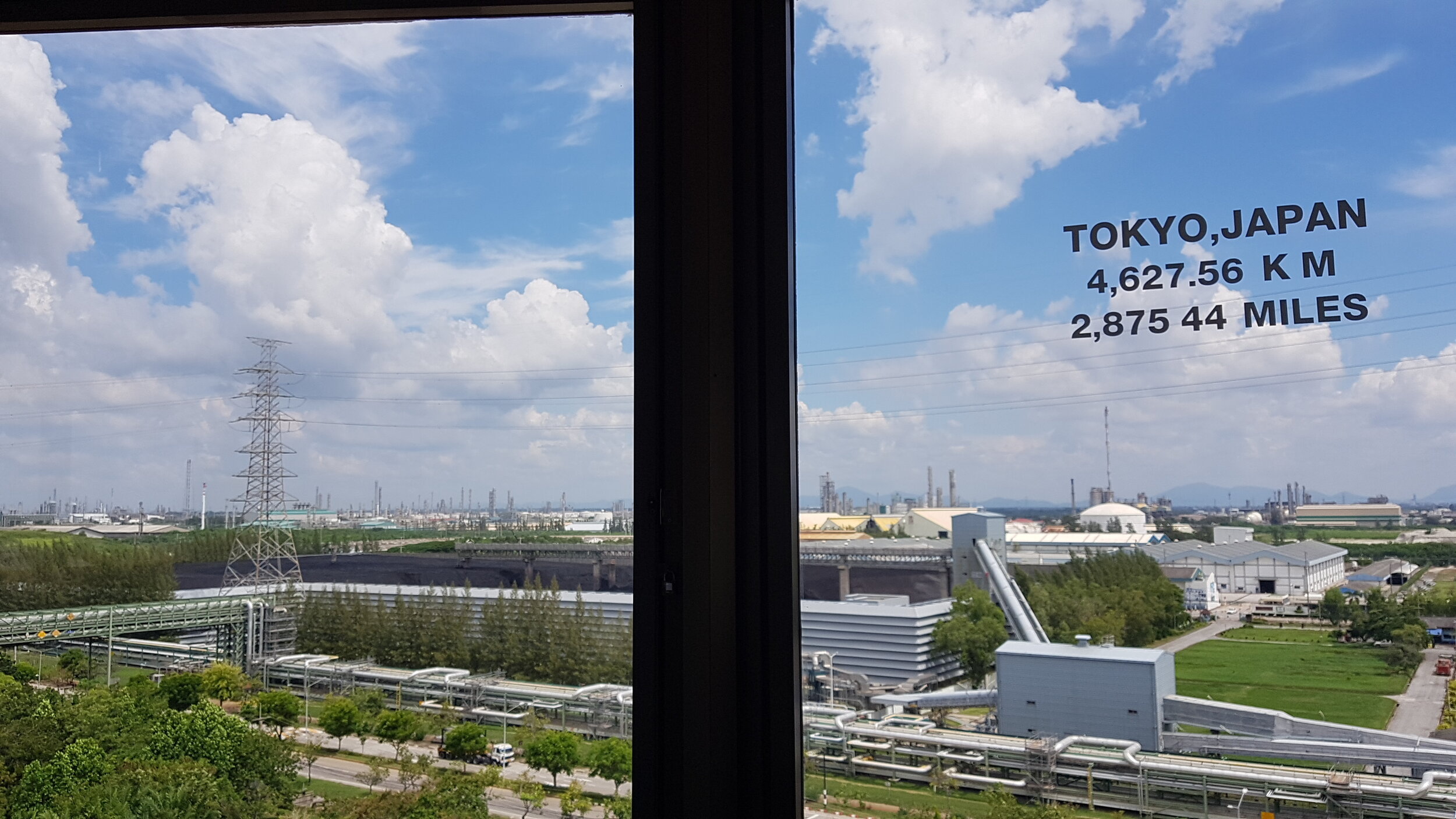
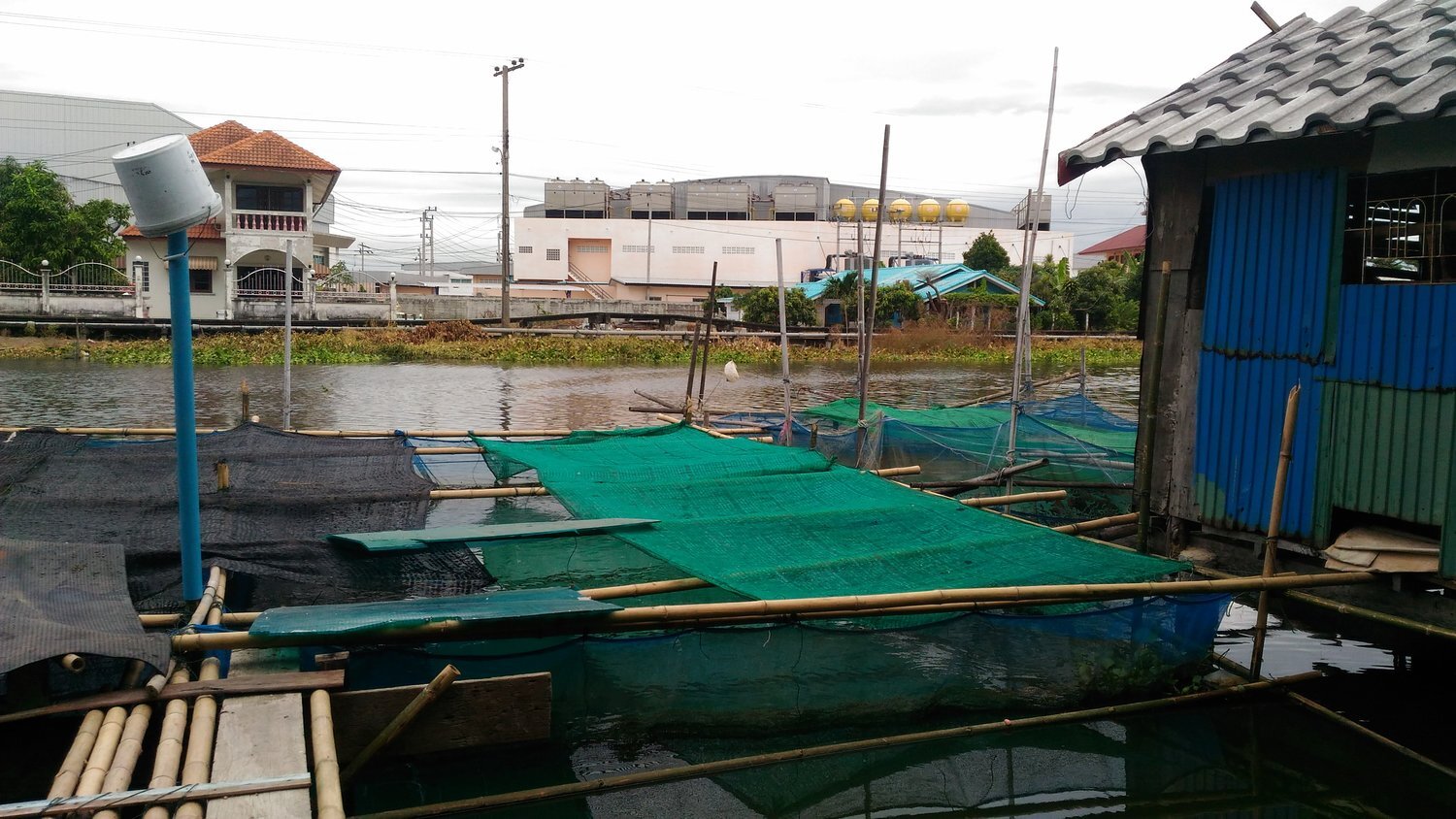
East Asia has a long history of regionalism, at least since the 16th Century. The age of economic modernization since the mid-19th Century profoundly transformed the region economically, socially, and ecologically. Japan rapidly industrialized since the Meiji Restoration in 1868, which was a precursor to Japan’s imperial expansion, and latter reconstruction after World War II. Thailand, meanwhile, at first was a commodity exporter, but since the 1950s industrialized initially with a focus on domestic markets, and later for export. Over this period, Thailand and Japan deepened their political and economic relations, perhaps most profoundly since the 1980s when the Plaza Accord catalyzed large flows of investment from Japan into Thailand leading to rapid industrialization. Whilst much emphasis has been placed by governments and transnational corporations on the economic benefits of this regionalization, there have also been significant impacts to local environments including enclosure of commons, and changes to communities’ economic, social and ecological vulnerabilities in both positive and negative ways.
In this research, we examine how the evolving political economy of East Asian regionalism, including flows of trade, investment, and aid, has reworked ecology-society relations in distant yet connected sites of investment and divestment, and the implications for community vulnerabilities. In Thailand, our research focuses on industrial estates in Ayutthaya and Map Tha Phut, and peri-urban areas of Bangkok. In Japan, we focus on the watershed surrounding Tokyo, including former and current industrial zones and the Watarase conservation area, as well as Tokyo city itself. Overall, we show how the continual and connected reworking of ecology-society relations in numerous localities in Thailand and Japan is a necessary - yet underappreciated - foundation that underpins the expansion of capitalism at the heart of East Asian regionalism, including as it responds to changing geopolitical, economic, and environmental contexts.
This project is a collaboration between Dr. Carl Middleton from CSDS and Dr. Takeshi Ito from the Faculty of Liberal Arts and Graduate School of Global Studies, Sophia University, Tokyo, Japan.

